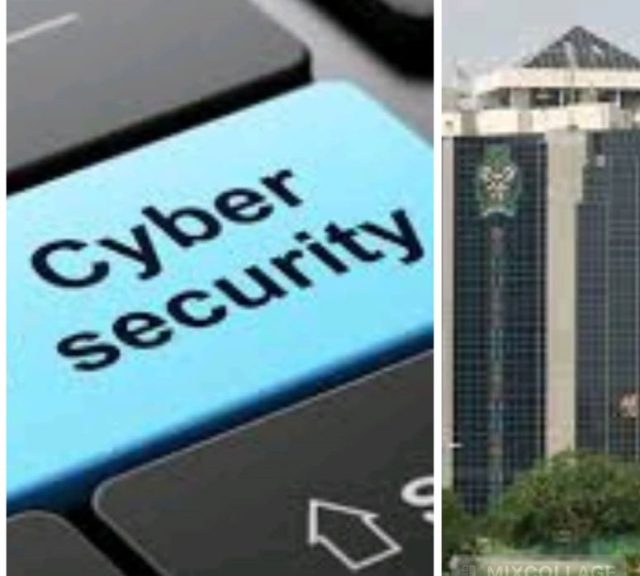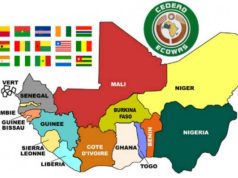Controversy surrounds the recent introduction of a 0.5% cybercrime levy on all electronic transactions in Nigeria. The Nigerian Association of Chambers of Commerce, Industry, Mines, and Agriculture (NACCIMA), along with financial sector operators, have called on the Federal Government to clarify aspects of the law authorizing the levy.
NACCIMA has labeled the levy as a “stealth tax” on the private sector and requested its suspension pending a comprehensive review and consultation with key stakeholders. The association argues the burden of funding cybersecurity should be shared across existing security and defense budgets, and that the levy will discourage electronic transactions and hinder financial inclusion.
The Cybercrimes (Prohibition, Prevention, Etc.) (Amendment) Act 2024 mandates the levy on businesses including GSM providers, telcos, internet service providers, banks, insurance companies, and the Nigerian Stock Exchange. The Central Bank of Nigeria (CBN) has directed all affected institutions to implement the levy.
Stakeholders, including fintech companies, expressed concerns about the exact amount of the levy and its intended target. They seek further clarification on how the levy will counter fraudulent transactions and its potential economic implications.
NACCIMA faults the blanket imposition of the levy without a limit, calling for transparency in the application of funds and the involvement of the private sector in its oversight. The association also highlights potential contradictions with constitutional revenue provisions.
NACCIMA’s concerns come as Nigerian businesses await recommendations from the Presidential Fiscal Policy and Tax Reforms Committee. They fear the cybercrime levy could negatively impact Nigeria’s Ease of Doing Business rankings and discourage foreign investment.
While a CBN source indicated the apex bank is aware of the controversy and plans to address stakeholder concerns, NACCIMA urges a suspension of the levy pending a thorough review to ensure it aligns with broader fiscal policy objectives and supports economic growth.

























